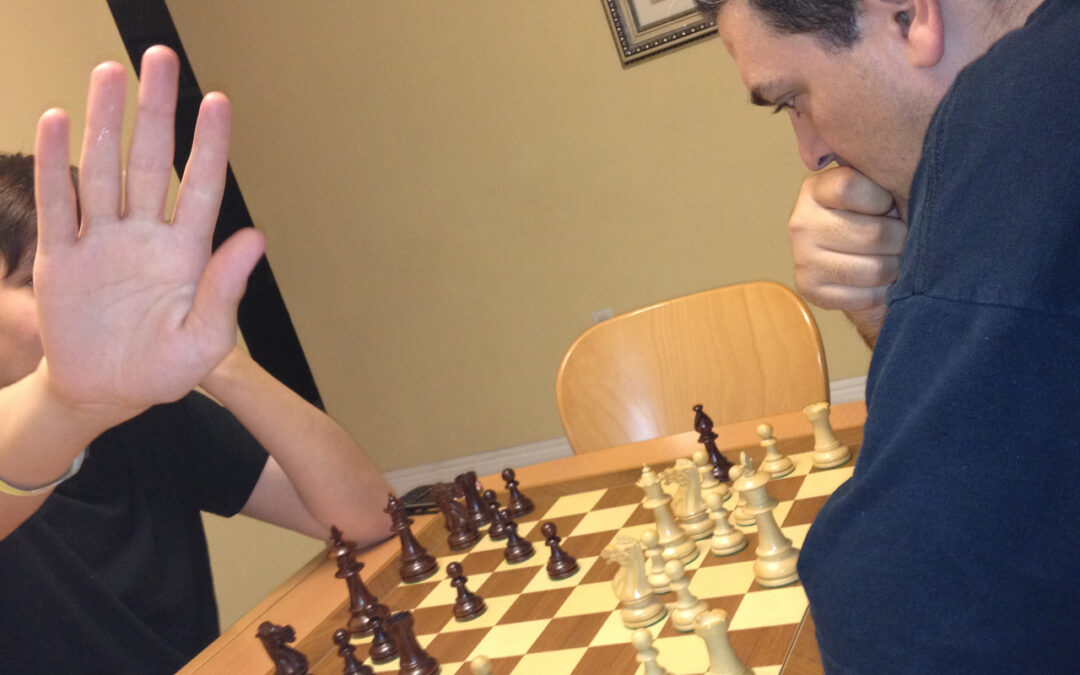Chess, like life, is about making decisions, learning from mistakes, and celebrating growth—one move at a time.
– Wilson Alvarez
The Importance of Teaching Children Chess: A Parent’s Reflection
Chess is more than just a game; it’s a tool that nurtures critical thinking, patience, and decision-making skills. Teaching children chess at an early age provides them with a mental playground to develop strategy, foresight, and resilience. As a parent, introducing my children to chess was a deliberate choice, and I found profound lessons in the process.
I taught my children chess on a board I proudly sourced from eBay—a beautiful, non-traditional set made of exotic wood, complete with uniquely crafted pieces. The board represented something meaningful: the care and thought I put into spending quality time with my children. However, I chose not to let them win during our games. To me, allowing them to win would have undermined the importance of effort and strategy. I believed in showing them that victory comes through learning and growth, not shortcuts.
Although I don’t remember playing as often as I’d have liked, I cherish the moments we spent together over the board. The games weren’t just about winning or losing but about teaching my children to think ahead, adapt to challenges, and value perseverance. Those games were more than lessons—they were life skills wrapped in 64 squares.
Chess is a reminder of life itself: every move matters, and every loss is an opportunity to learn. It fosters connections and creates memories that stand the test of time. Teaching chess to children is more than teaching them a game; it’s opening the door to endless possibilities.
Chess is not just a game you teach your children; it’s a legacy you pass down, shaping their minds and fostering their confidence for the challenges ahead. Let’s make every move count.


Recent Comments